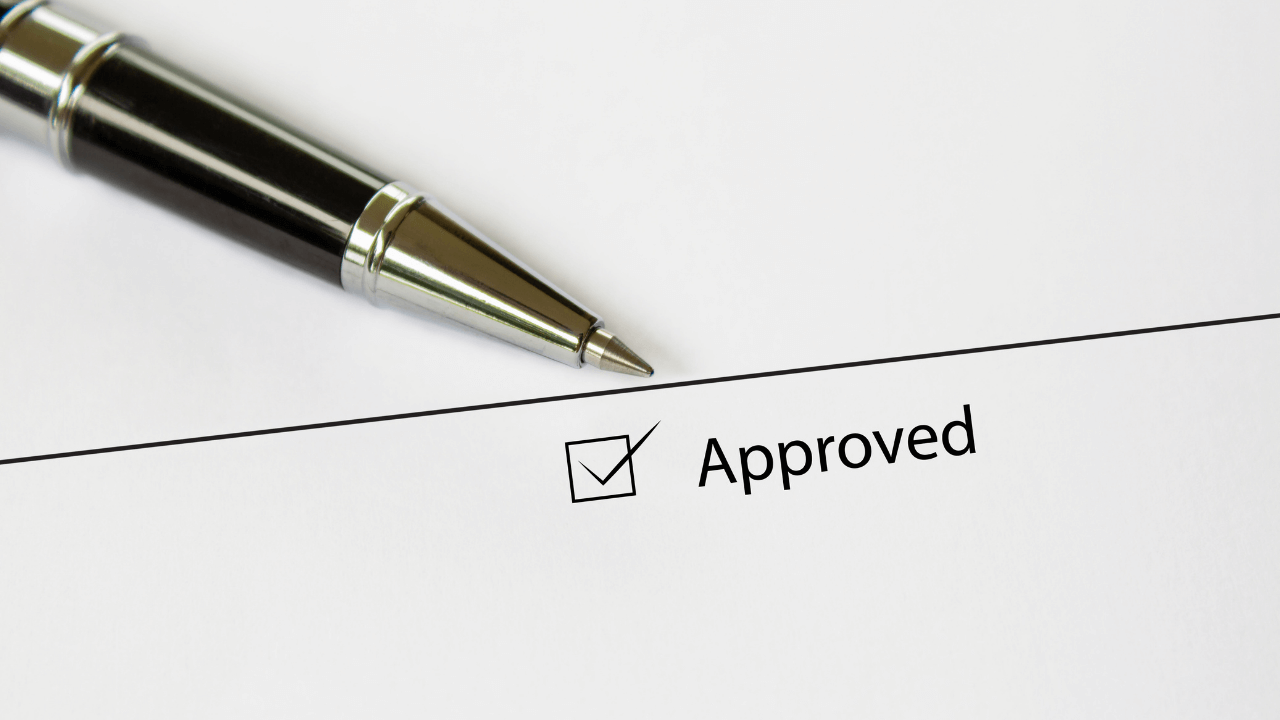
The E-2 visa is a great visa for entrepreneurs who want to come to the U.S. to develop and direct a business. The investor must be a national of a treaty country, own at least 50% of the business and make a substantial investment. Additionally, the business must be real & operating and the investor must plan to hire employees in the U.S. This post will explore E-2 expenses for consulting & service-based businesses.
How can I prove my investment is substantial?
This is a common question we receive from clients, especially clients who are starting service-based businesses that have lower start up costs. The Department of State’s position is that there is no set minimum dollar amount that will be considered “substantial” for E-2 purposes. The Foreign Affairs Manual defines substantial investment as an amount that is (1) substantial in a proportional sense (known as the “proportionality test”), (2) sufficient to ensure the treaty investor’s financial commitment to the successful operation of the enterprise, and (3) of a magnitude to support the likelihood that the treaty investor will successfully develop and direct the enterprise.
The proportionality test looks at the total costs for starting a business or the cost of purchasing a business at fair market value and compares that amount to how much the applicant has invested. If you are purchasing a business in an arms-length transaction and you have invested the total purchase price, this should meet the definition of a substantial investment. For a startup, you have more flexibility to define what the total startup costs are for your business, but you should support this with industry or market reports or other objective evidence that discusses the startup costs for this type of business.
What are good expenses for a consulting or service-based business?
Investors who are starting consulting business or other service-based businesses often ask what they can spend money on. It can be counterintuitive for an entrepreneur to spend more money than they think is necessary in the startup phase. However, sometimes additional money must be spent to strengthen the visa application. For example, although an investor could arguably start their consulting business and spend under $5,000, this amount would always be too small to count as a substantial investment for E2 purposes.
A good approach is to look ahead a year or two and think about future planned expenses. Rather than wait, you can spend that money now. This has the benefit of increasing the E-2 investment amount while also ensuring you are spending money on relevant and useful expenses for your business. Some examples are below.
- Office space – Prepay for a year of commercial office space (It is important to note that you can only include money that has actually been spent at the time of the application. For example, if you sign a year-long office lease that commits you to paying $12,000 over the course of a year but you have only paid $2000 for a deposit and first month’s rent, you can only put the $2000 on the investment schedule).
- Office Equipment – Purchase computers, printers and office equipment for employees you plan to hire in years 1 and 2
- Website – You may have set up a simple website and planned to enhance it in the future, but you could choose to spend that money now to enhance the website’s design and functionality.
- Marketing and branding – Perhaps you planned to hire a PR firm or a marketing employee in the future. Marketing & advertising expenses are strong E-2 expenses so you could choose to invest more upfront.
- Software – If there are particular software programs or technology tools, those are a great E2 expense. See if they have an option for you to prepay for a year or more.
- Insurance – Ask if your insurance company will allow you to prepay any portion of your fees.
- Employees – Any money you pay to employees or independent contractors can be part of your E-2 investment. You can also include any money spent on ancillary expenses for employees, such as outsourced HR support or a payroll service.
- Other common E-2 expenses can be found by clicking here.
What are considered weak expenses?
Any money spent on travel (flights, taxis, meals, hotels) is considered a weak E-2 expense. Many Consulates specifically state that they do not want to see these types of expenses and including them can weaken your application. Rather than try to bolster the application with weak expenses, it is better to focus on spending money on items that will ultimately be useful for your business. It is also helpful to the application to look for industry reports, market research or other objective evidence of the startup costs for your type of business.